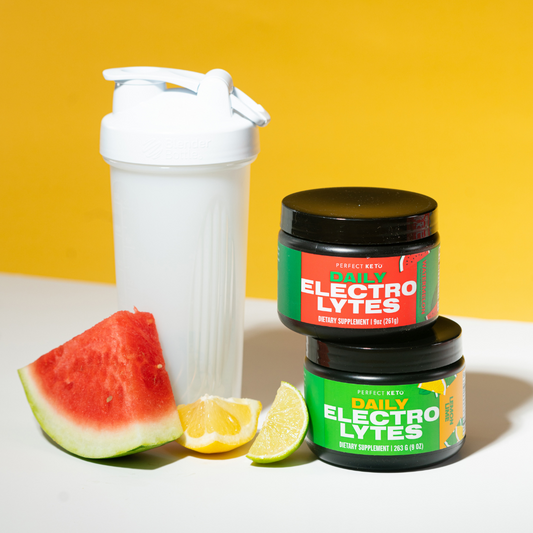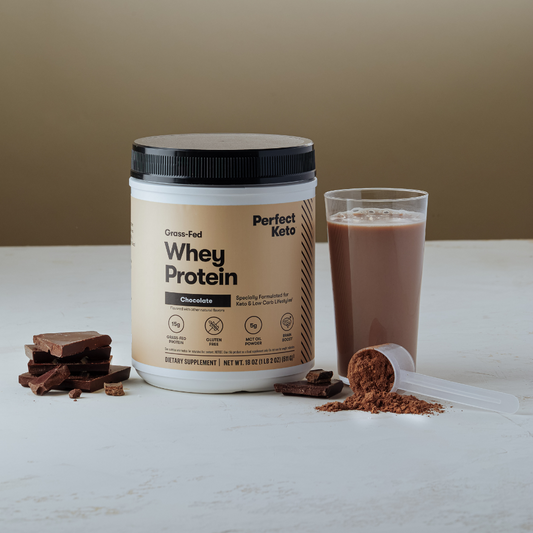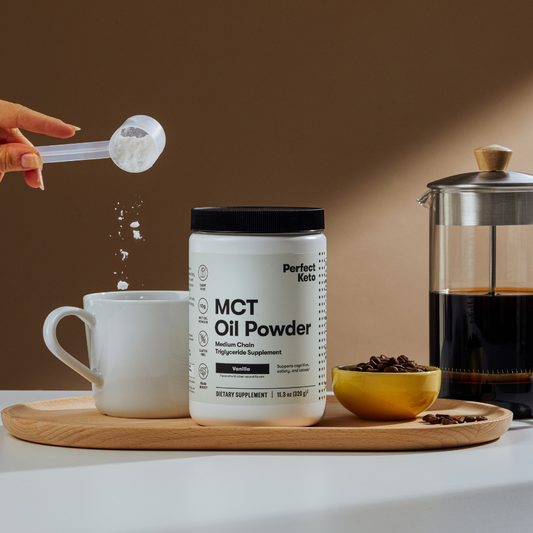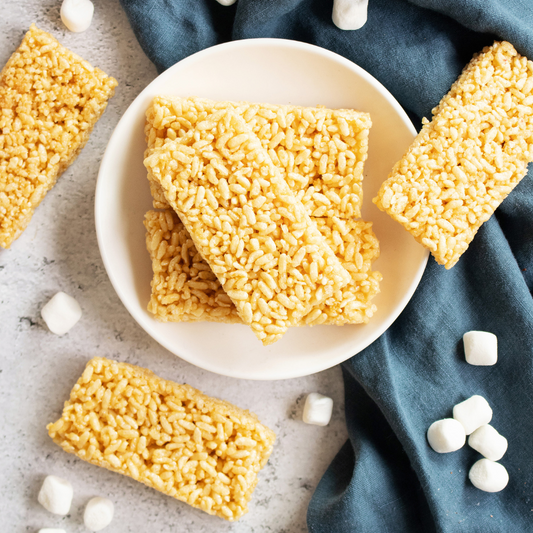Getting Salty
with Manu Echeverri
Manu Echeverri is the author of 4 keto cookbooks and the wildly-popular creator behind the self-titled Youtube channel, Manu Echeverri. With over 58 million views and more than one million subscribers, her keto recipe, research and lifestyle videos have accrued a cult following amongst those looking to optimize their health with a low-carb lifestyle.
Shop Electrolytes
What are electrolytes?
Electrolytes are electrically-charged minerals that are vital for many functions in the body,
such as maintaining fluid balance, hydration, contracting muscles, blood clotting,
transmitting nerve impulses, and moving nutrients into your cells.
These electrolytes include sodium, potassium, calcium, magnesium, chloride, phosphorus, and
bicarbonate. They enter the body through diet and leave through urine, sweat, and feces.
In a balanced state, the kidneys—and hormones like insulin, aldosterone, renin, angiotensin,
and antidiuretic hormone—work effectively behind the scenes to maintain healthy electrolyte
levels in the body. Though if you don't replace electrolytes as quickly as you lose them,
you can end up with a nutritional deficiency.
Why do we lose electrolytes on keto?
Electrolytes are vital for the proper functioning of every body, but they're especially important for those on keto.
When the body switches its energy source from carbohydrates to fat, it also begins to process electrolytes differently,
making it more challenging to stay within a healthy range.
Carbs require a lot of water for storage, so as you work through your carb stores, you lose a lot of water weight.
Most people drop between 3-8 pounds of water weight in their first couple weeks of keto.
When you lose all that water, it's easy to end up dehydrated. You also lose electrolytes with that water, which can
cause electrolyte imbalances.
Dehydration and electrolyte imbalances often account for the fatigue, headaches, and
muscle cramps that happen during keto flu.
How do you maintain proper electrolyte balance on keto?
The good news is that it's actually easy to maintain a healthy electrolyte balance on a low-carb plan. A common misconception is that keto can lead to deficiencies, but that's unlikely to happen if you're doing it right. Here's a couple strategies I've found helpful:











